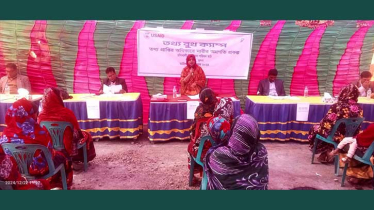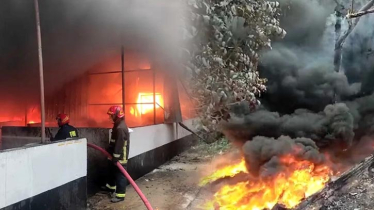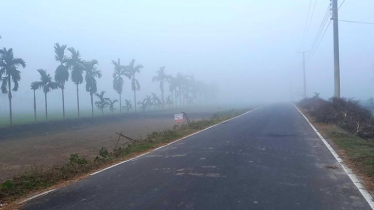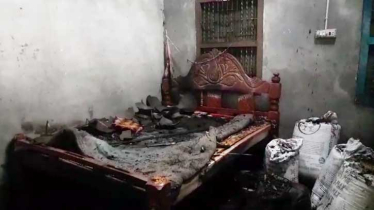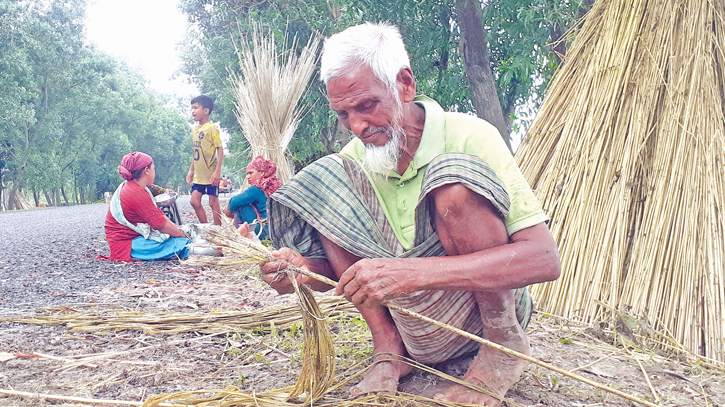
Photo : TDM
Farmers in Panchagarh are grappling with deep disappointment over the prevailing jute prices, which have cast a shadow of uncertainty over the future of jute cultivation in the region. Despite a bountiful jute yield in Panchagarh, farmers find themselves forced to sell their hard-earned produce at prices well below their expectations.
This predicament has left them disheartened, as the income from selling jute fails to cover even the basic costs of seeds, fertilizers, and pesticides.
Currently, the markets in Shalbahan Hat, Bhajanpur Jagdal, and several other districts are quoting jute prices in the range of Tk 2100-2200 per maund. Some farmers, compelled by financial exigencies, have been compelled to sell their jute at rates as low as Tk 1900-2000 per maund, incurring substantial losses. These circumstances have led to significant financial setbacks for farmers across the region.
Farmers in Bangladesh are struggling with low jute prices and rising production costs. They argue that they need a minimum price of Tk 3500-4000 per maund to make a profit from jute cultivation. However, current market prices are far below this, leaving them in financial distress.
Rabiul Islam, a jute farmer, shared his frustration, saying he spent Tk 14-15 thousand per bigha on jute cultivation, but market rates of Tk 2000-2200 per maund barely covered his expenses. Ainul Haque, another farmer, also expressed dismay at the gap between market prices and production costs, considering abandoning jute farming if the situation persists.
Jai Sharma, who cultivated jute on a large scale, faced substantial losses, and called for government intervention to protect small-scale farmers. Jute traders, on the other hand, blamed oversupply for the price decline, and they purchase jute at current rates with slim profit margins.
Abu Raihan, a jute trader, stressed the need for government support to sustain the jute industry. Tentulia Upazila Agriculture Officer Jahangir Alam reported increased jute cultivation, expressing hope for fair prices in the future.
Tentulia Upazila Agriculture Officer Jahangir Alam reported a substantial increase in jute cultivation in Tentulia upazila of Panchagarh this year, totaling 1,220 hectares of land. Despite the challenges, he expressed optimism about the quality and quantity of jute produced this year, holding hope that farmers will eventually receive fair prices for their produce.
In response to the farmers' concerns, District Agricultural Marketing Officer (in charge) Md. Abdur Rahim indicated that discussions had been initiated, and the District Commissioner would convene meetings to address the issue. While it is challenging to directly determine jute prices, he emphasized the need for coordination and guidance from higher authorities.
Shah Alam Mia, Additional Deputy Director of the Panchagarh District Agriculture Department, mentioned that jute had been cultivated on 9,125 hectares of land in Panchagarh district this season. The government had extended support to farmers through various incentives, including better quality jute seeds and fertilizers. However, he acknowledged the downward pressure on prices due to oversupply and expressed optimism that the government's efforts would ultimately benefit the farmers by stabilizing jute prices.
A video documentary was screened in the programme.
TDM/SD



